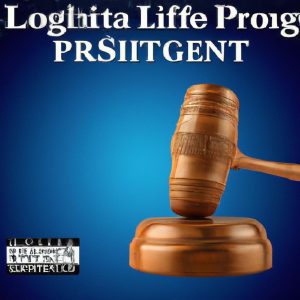
Master Your Future: Essential Estate Planning Tips for Floridians in 2024
Comprehensive Guide to Estate Planning in Florida for 2024 As we move into 2024, the realm of estate planning in Florida continues to undergo significant changes. At Morgan Legal Group in Miami, we are committed to staying ahead of legal developments to provide our clients with the most up-to-date and effective estate planning strategies. This detailed guide outlines crucial tactics and legal updates for Floridians preparing their estate plans in 2024. Navigating Florida’s Estate Planning Regulations Florida’s estate planning regulations establish a structure for asset distribution, care for loved ones, and ensuring your wishes are fulfilled. Essential elements include wills, trusts, powers of attorney, and health care directives, each playing a critical role in a comprehensive estate plan. Key Legal










